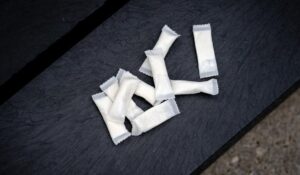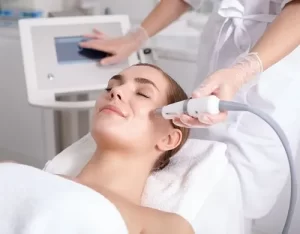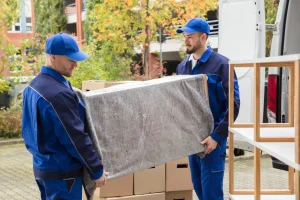
Hair treatment is not attached to the female gender alone, the male must also take care of their hair. Not necessarily make it, but wash it regularly, apply hair cream to prevent drying, regular combing or brushing but not hard to prevent split ends. In cases where your hair is infested with lice, you can check in with a lice specialist orlando.
Those who specialise in giving your hair lice treatment are the most experienced with lice removal and because of this they are quite cost-effective and can help you by giving you their professional advice on how to take care of your hair and reduce lice.
Head lice
The head louse is an obligate ectoparasite, ie. it lives outside of the human body. They are wingless insects and they spend their entire lives on the human scalp and feed on their blood.
Head lice can affect anybody, but it is mostly seen among children between the ages of 3 to 11 years. They also put their families at risk of contracting this louse if they share items that have contact with hair.
Head lice infestation is quite common and affects about 6 to 12 million people yearly and is most common among children because they are more likely to have close contact with each other.
The symptoms include:
- Itching is one of the major symptoms especially at the back of the head, neck and near the ears (these are areas where the lice are likely to live).
- A crawling feeling or tickling like something is moving in the hair.
- Sores form itches and scratches. Incessant scratching and itching can cause the skin to break. This can also lead to an infection.
- Difficulty in sleeping due to the night disturbance. Head lice are most active at night and this can disrupt your sleep.
You get head lice by sharing hair items from someone who already has infested hair. The insects 2ill crawl from one person to another through this. Poor hygiene does not cause lice but sharing items from an infected person would. Head lice, as said earlier are wingless, they cannot fly or jump so the only way they will spread is by crawling from one person to another when they are in close contact.
On rare occasions, they can spread through personal items such as towels, sheets, brushes and hats but you cannot get them from animals and pets, just ticks.
They can be treated using over-the-counter OTC drugs to help with the itching, some medicated shampoos and hair wash would help.
You must also work towards them reoccurring by making sure to buy your hair items and not make use of others.








